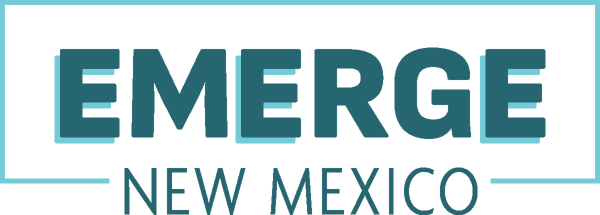On Wednesday, November 20, Albuquerque Public Schools (APS) held what was scheduled as a routine school board meeting. However, the meeting quickly escalated into controversy during the public comment section when the teachers’ union intervened to thwart efforts by local parents and a visiting pastor to raise concerns over policies and books deemed age-inappropriate within the APS system.
Among those addressing the board was Representative elect for District 18, Marianna Anaya, who used her platform to focus on identity politics rather than parental concerns. “As a proud Chicano lesbian in the House of Representatives, I am here to reassure students that we have your back,” she declared, implying that the parents in attendance did not share her commitment to supporting students. Anaya’s rhetoric suggested a stark divide between the board’s priorities and those of parents advocating for transparency and accountability.
Anaya, a registered lobbyist who worked to appeal New Mexico’s abortion ban and was involved in a complaint against Daniel Ivey-Soto in 2022, also revealed that she is co-authoring legislation with Representative Kathleen Cates, District 44, to ensure students have access to “all material relevant to their identities and their lives.” However, details about the legislation were sparse, leaving room for speculation based on similar bills proposed in other states. Cates, notably absent from the meeting, has previously supported controversial legislation like 2023’s HB7, which stripped parents of their right to be informed about significant medical decisions affecting their children, including abortion and transgender-related care.
Why Anaya and Cates—both Emerge New Mexico alumna, —are co-authoring legislation is a question worth exploring. Their shared ties to Emerge, an organization dedicated to training progressive women for political office, point to an ideological alignment. By signing a commitment to prioritize ideology over constituents and New Mexico’s children, they seem to underscore where their loyalties lie. Their focus on identity politics is detracting from the urgent need to address the glaring failures of APS, widely regarded as part of one of the worst educational systems in the nation.
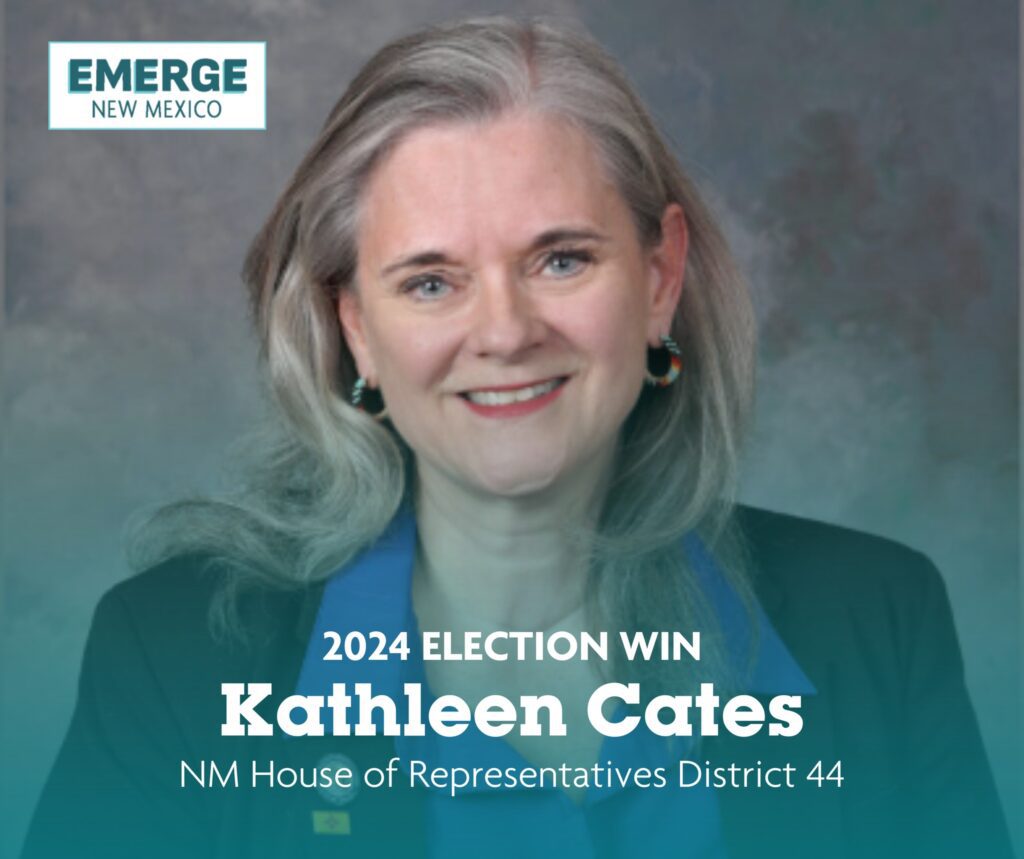
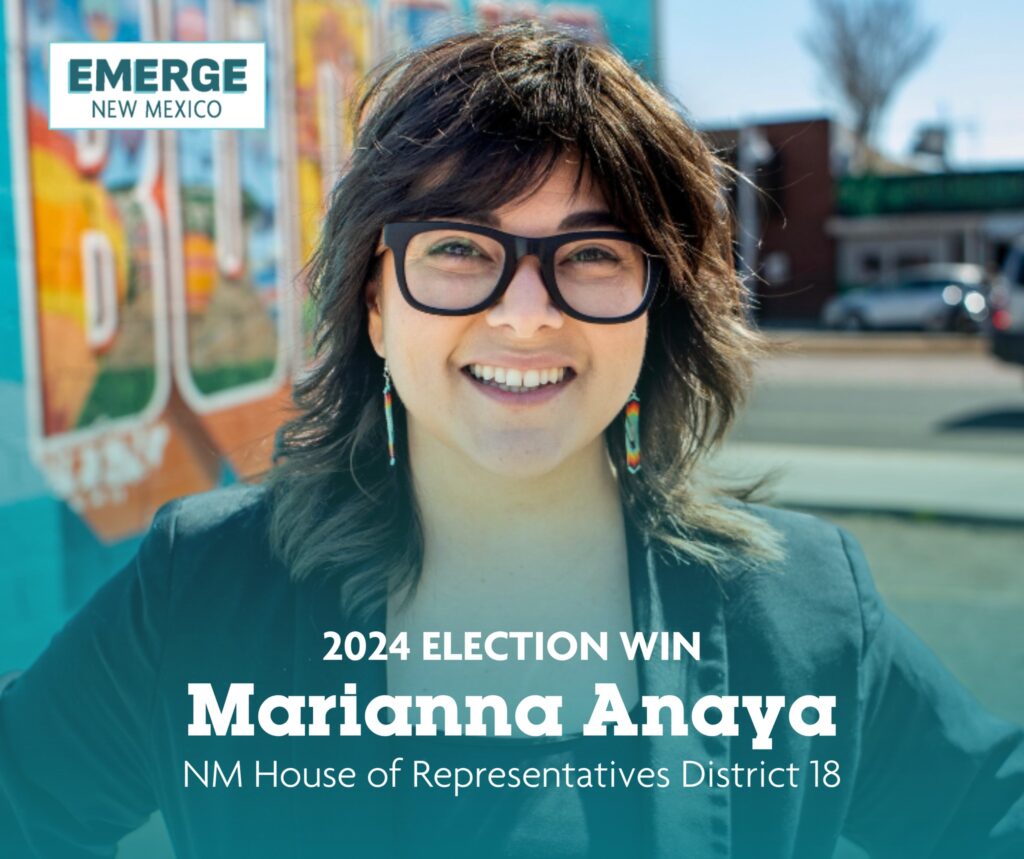
The influence of Emerge New Mexico extends far beyond Anaya and Cates. In 2023, three Emerge alumnae joined the APS board: Dist. 1 Janelle Astorga, Dist. 2 Ronalda Tome-Warito, and Dist. 4 Heather Benavidez. In 2022, for the first time in history, the APS board became entirely female—a stated goal of Emerge. Two of these new board members were also endorsed by the Albuquerque Teachers Federation Union, the same entity that worked to suppress parents’ voices during the public comment section.
The board’s priorities under this new leadership have noticeably shifted. While parents are advocating for improved academic standards, age-appropriate standards and accountability, the board appears more invested in promoting ideological agendas. This ideological alignment between the board, union, and elected officials like Anaya has created a system where dissenting voices are marginalized, leaving parents and students who do not identify with the ideology with few resources.
The statistics tell a troubling story. Schools in the districts represented by the new board members are among the lowest rated in New Mexico, yet the focus remains on policies and materials unrelated to academic success. Anaya’s confidence that APS values identity politics over parental concerns is a stark reflection of the system’s misplaced priorities.
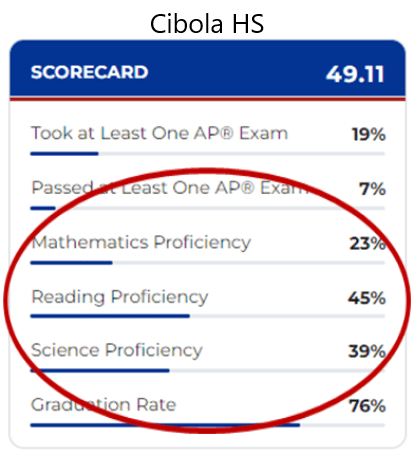
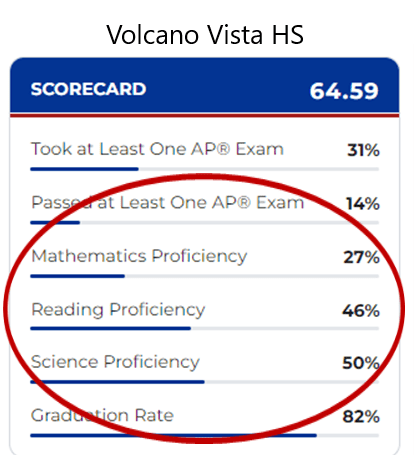
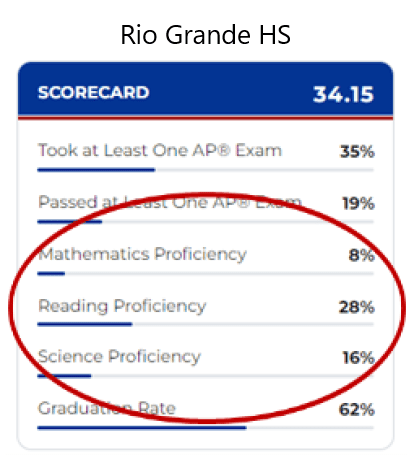
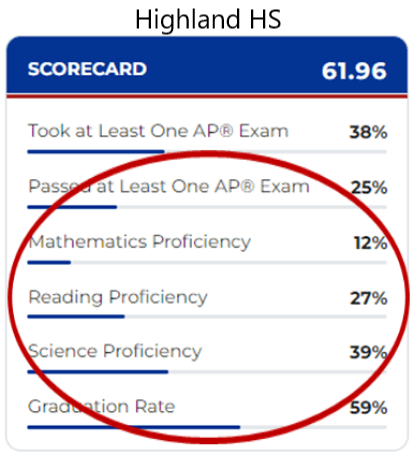

Albuquerque Public Schools (APS) serves a diverse population of approximately 80,000 students, yet the focus of leadership appears to be disproportionately skewed toward addressing policies and materials related to LGBTQ+ issues. It is critical to examine the broader picture.
Estimates based on national and state data suggest that approximately 10-12% of students identify as LGBTQ+, equating to roughly 8,000 to 9,600 students within APS. These figures are derived from national surveys, such as the GLSEN report and Youth Risk Behavior Surveillance System (YRBSS), which provide a general prevalence rate of LGBTQ+ identification among youth. While this is a significant number, it highlights that the overwhelming majority of APS students—approximately 90%—do not identify as LGBTQ+.
Furthermore, all APS students, regardless of identity, are affected by the district’s abysmal academic performance. With reading and math proficiency rates hovering in the single digits in many schools, the system is failing its entire student population.
Parents are right to question: Why isn’t the focus on addressing APS’s abysmal performance? Instead of reassuring students about their “access to education,” shouldn’t the emphasis be on improving the quality of that education?
Albuquerque Public Schools are at a critical juncture. The ideological agenda promoted by Emerge and its alumnae is creating a widening gap between APS leadership and the community it serves. With an all-female board, heavily influenced by the teachers’ union and progressive politics, diversity of thought and meaningful dialogue has taken a backseat to political conformity.
If APS continues to prioritize identity politics over educational excellence, it further risks alienating parents and failing its students. The community deserves leadership that listens to all stakeholders and focuses on solving the many systemic issues crippling Albuquerque’s schools.
- Opinion | SB 218—New Mexico’s Promise Made, Promise Broken - February 24, 2025
- New Mexico’s Supreme Court Ignores Rights and Restricts Who Can Hear Election Cases - January 9, 2025
- Progressive Blueprint: How EMERGE’s Legislative Surge is Poised to Reshape New Mexico - January 6, 2025

